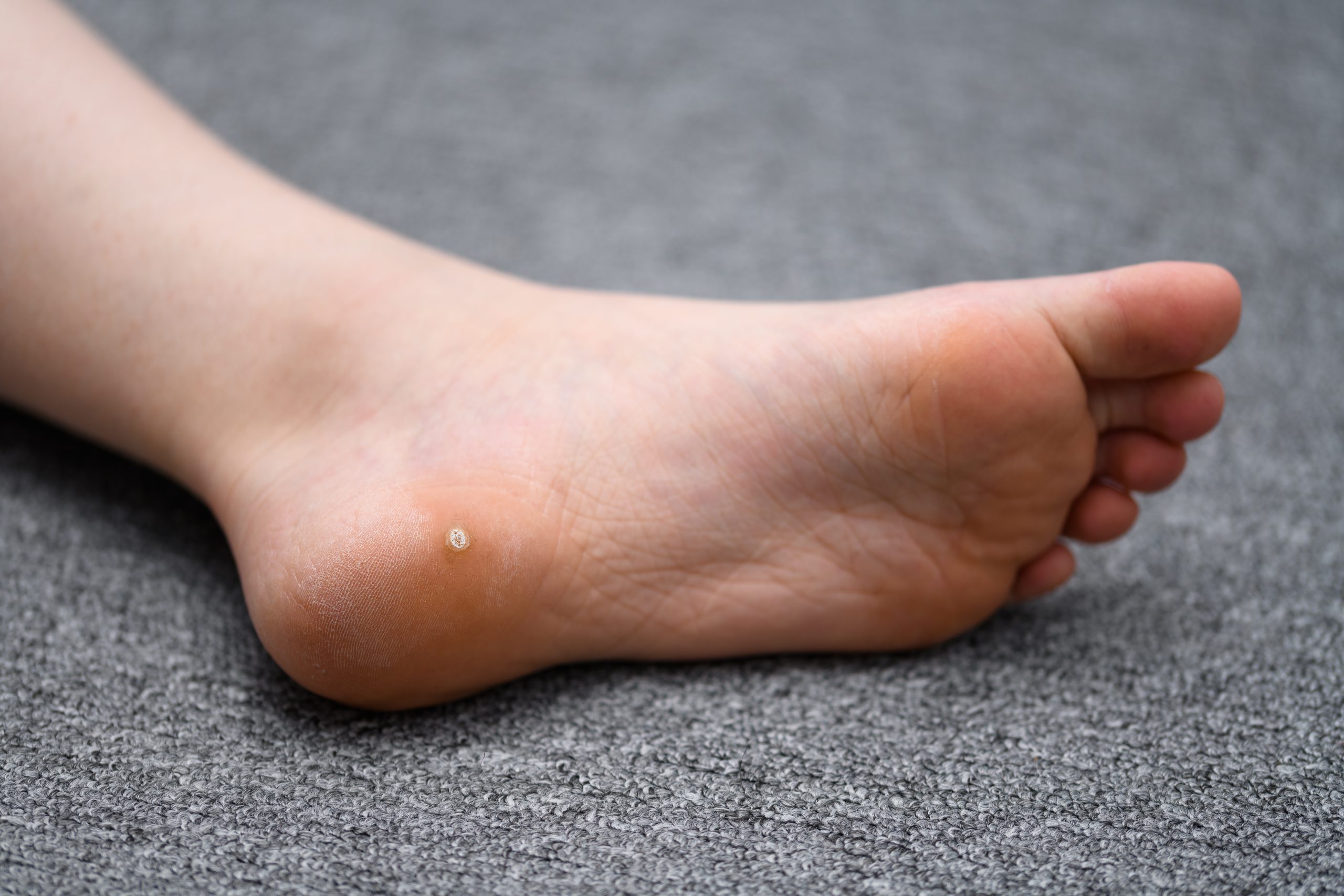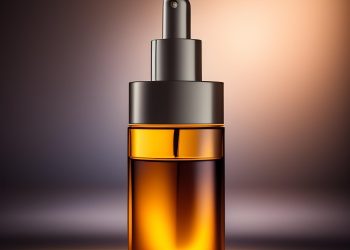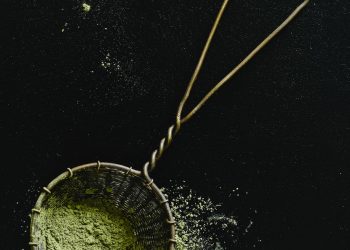You would be shocked to know that about 2 in 100 people carry MRSA bacteria in their bodies.
Methicillin-resistant Staphylococcus aureus, shortened to MRSA is a type of bacteria that has grown resistant to antibiotics such as methicillin. This is why the name MRSA [2].
People who work in hospitals and healthcare facilities, as well as those who have a weak immune system, are at risk of MRSA infections (HA-MRSA) [1]. [3]
Whereas MRSA infection among healthy people is known as community-associated MRSA (CA-MRSA), which often begins as a painful skin boil [3]. CA-MRSA is mainly spread by skin-to-skin contact [3].
MRSA is linked to serious health problems like pneumonia, sepsis, and bloodstream infections.
Moreover, MRSA infection is contagious and can become life-threatening if left untreated.
MRSA is only resistant to antibiotics, and not to natural remedies.
This article lists some home remedies to get rid of MRSA infections and their symptoms. Plus you’ll get to know some prevention tips for infectious diseases.
RELATED: 15 Sure Ways to Get Rid of Staph Infections
15 Ways to Get Rid of MRSA Naturally
1. Tea Tree Oil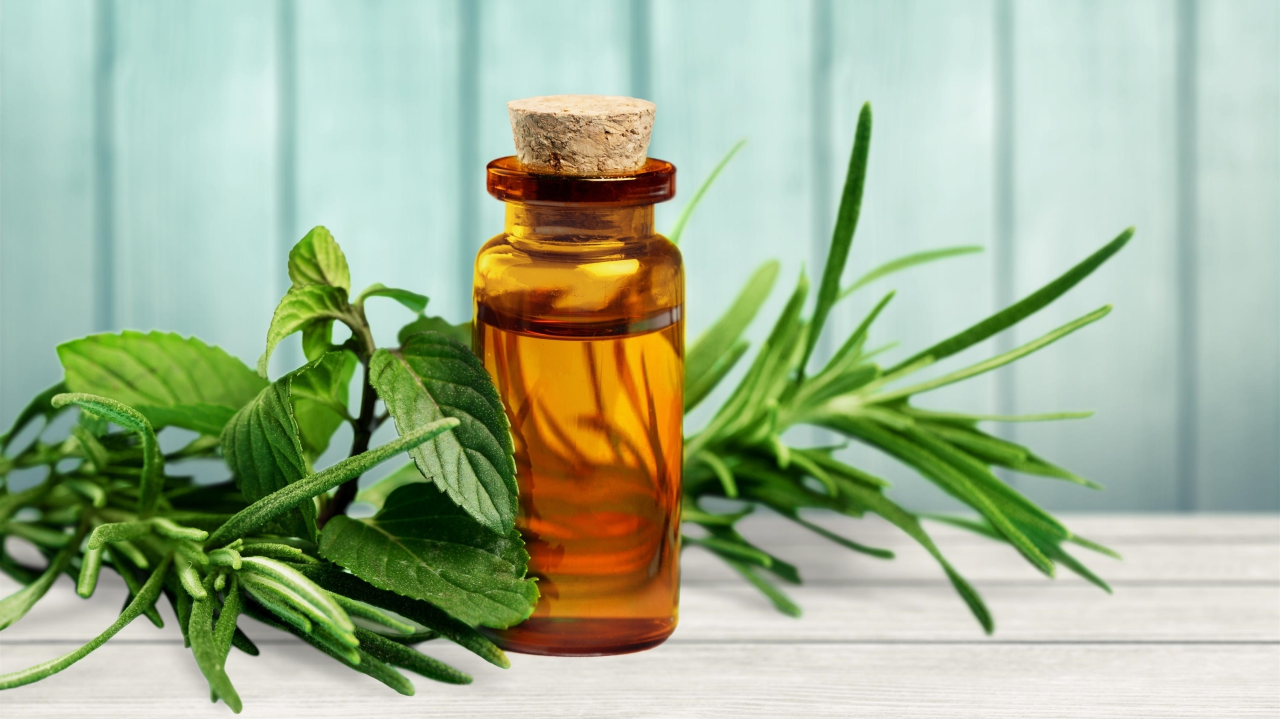
Known for its “broad-spectrum antimicrobial activity,” tea tree oil has been widely investigated by researchers [5].
Experts explain that most of its antimicrobial mechanisms can be attributed to its components namely, terpinene-4-ol, 1,8-cineole, and alpha-terpineol [5].
Several studies show that it works even on antibiotic-resistant microbes such as MRSA [6, 7, 8, 9].
Australian researchers did a comparative analysis of the efficacy of two antibacterial preparations in eliminating drug-resistant microbes [6].
The first one was a combination of a percent tea tree oil body wash and 4 percent tea tree oil nasal ointment, while the other was a combination of 2 percent mupirocin-based nasal ointment and a body washes made with triclosan chemical [6].
Results demonstrate tea tree oil’s superiority over the standard combination, but further studies should be done on a larger scale [6].
In another study also conducted by Australian researchers, it was reported that tea tree oil could destroy up to 66 isolates of Staphylococcus aureus [7].
As for kill time, tea tree oil can eradicate these harmful microorganisms within a 24-hour timeframe [9].
How to use tea tree oil for MRSA:
- Combine Ten drops of tea tree oil with one teaspoon of olive oil.
- Apply the oil mixture to the skin infection.
- Repeat once or twice a day until the infection clears.
RELATED: 5 Easy Ways to Use Tea Tree Oil for Scabies
2. Garlic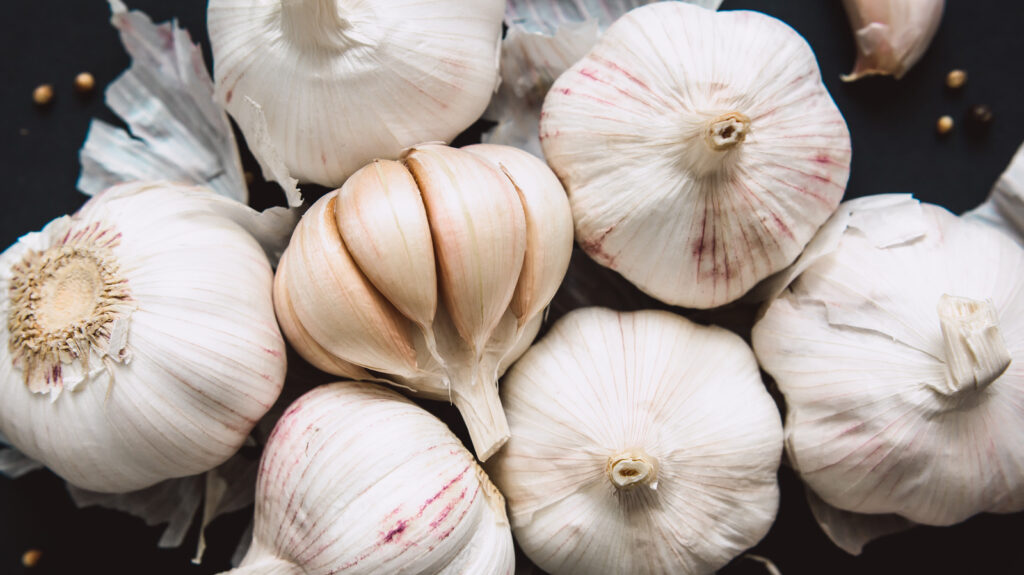
It was in 1944 when allicin, the main compound in garlic, was recognized as a potent antimicrobial phytochemical [10].
Since then, garlic’s antibacterial actions have become the subject of numerous studies [11, 12, 13].
It has also become a household remedy for all sorts of bacterial infections.
Interestingly, it also has significant inhibitory effects on MRSA, as proven in a laboratory experiment performed by Taiwanese researchers [14].
They conclude that oral intake of garlic dramatically reduced the negative impact of MRSA in the liver, spleen, kidney, and bloodstream [14].
These findings support the theories that garlic has “multiple protective functions” against the infectious diseases caused by MRSA [14].
How to use garlic to get rid of MRSA:
- Crush 3 cloves of garlic.
- Boil water.
- Add crushed garlic to the hot water.
- Drink the solution two to three times a day for one week.
- Grind the remaining garlic cloves.
- Apply on the infected skin.
- Let it sit for 10 minutes before rinsing with warm water.
- Repeat the remedy every day for one week.
3. Olive Leaf Extract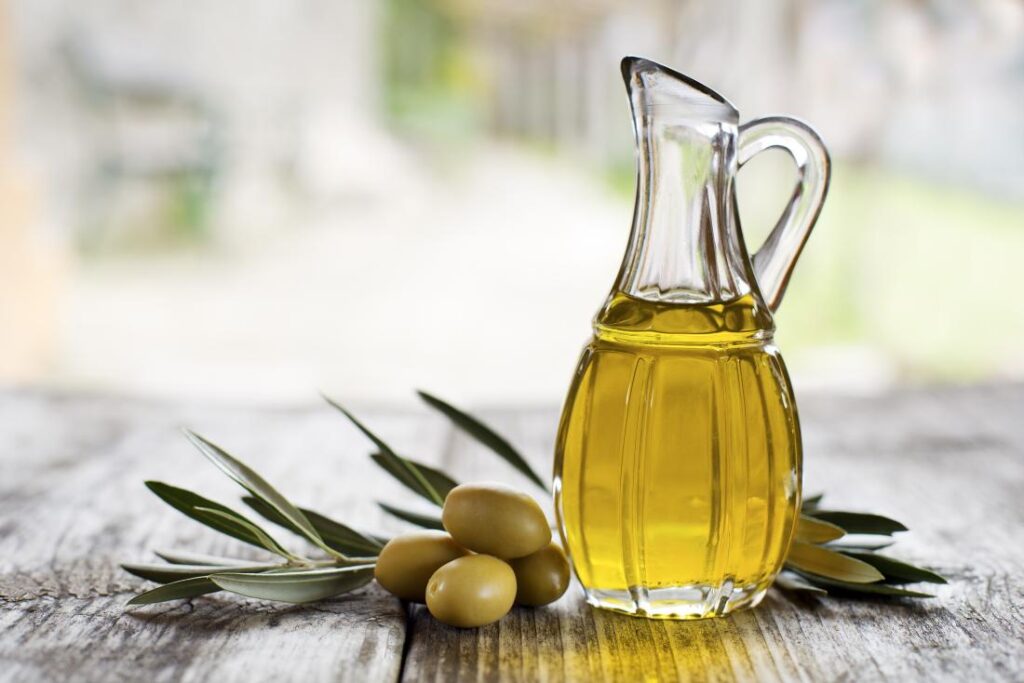
Olive leaf enjoys the distinction of being the “first botanical mentioned in the Bible” [15].
Since ancient times, it has been used to cure a wide array of ailments including bacterial infections [15].
Responsible for its antibacterial mechanisms are the polyphenols in olive leaf [15].
Olive leaf can fight many different strains of bacteria such as E. coli, K. pneumonia, Salmonella, and the hard-to-treat MRSA [15].
This herbal remedy can cure not only those infections caused by MRSA but also those that are triggered by other strains of bacteria.
- coli and Salmonella, for example, can cause food poisoning while K. pneumonia is often the culprit in pneumonia cases.
Recommended directions for using olive leaf extracts for MRSA:
- Add ten drops of olive leaf extract to a cup of water.
- Use this to rinse affected skin after bathing.
- Repeat daily until the condition improves.
RELATED: Top 33 Sweet Oil Benefits & Uses: Olive Oil at Its Best!
4. Honey
The potency of honey as an antibacterial agent has been confirmed in scientific research
Scientists from the United Kingdom have also become fascinated by honey’s actions against microbes that are resistant to antibiotics.
Their clinical data reveals that Manuka honey inhibited the growth and spread of MRSA by up to 20 percent [16].
After MRSA isolates were exposed to this type of honey, it was observed that their cell division was disrupted [16].
Honey is particularly effective for skin infections caused by MRSA as it also has wound healing properties that speed up recovery [17].
Researchers also believe that honey is even more effective in combating MRSA when it is combined with antibiotics [17].
Home remedy for MRSA using honey:
- Spread a thin layer of honey on the infected skin.
- Let it sit for a few minutes.
- Rinse with warm water.
- Pat it so that it dries thoroughly.
- Follow this treatment method once a day for one week.
RELATED: 10 Health Benefits of Honey (Backed by Science)
5. Oregano Oil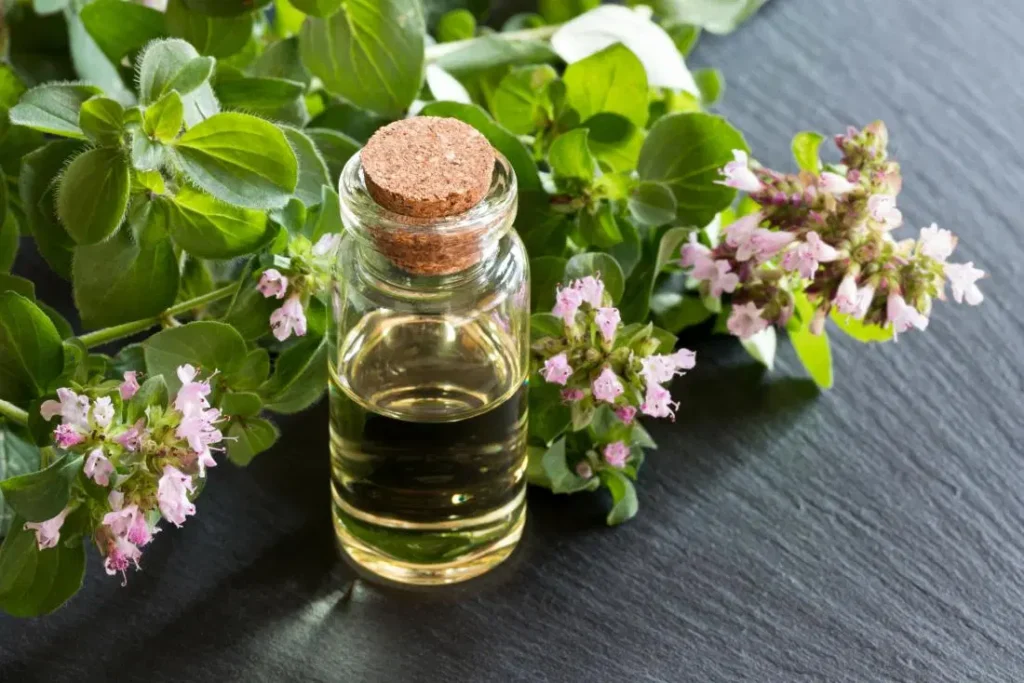
The oil extracted from the oregano plant has been widely used as a flavoring agent in food and alcoholic drinks [18].
Apart from this, oregano oil is also known for its antibacterial properties.
Researchers have observed that this essential oil can successfully inhibit the growth and biofilm formation of Staphylococcus aureus [19, 20].
A study published in the FEMS Microbiology Letters indicated that oregano oil worked not only on “methicillin-susceptible” but also on methicillin-resistant strains of Staphylococci [21].
Using an agar dilution test, researchers found that oregano oil worked almost as effectively as thymol and carvacrol in eliminating MRSA [21].
How to use oregano oil for treating MRSA:
- Blend five drops of oregano oil with one teaspoon of olive oil
- Apply the mixture to the affected skin.
- Repeat twice daily for four to five days.
6. Thyme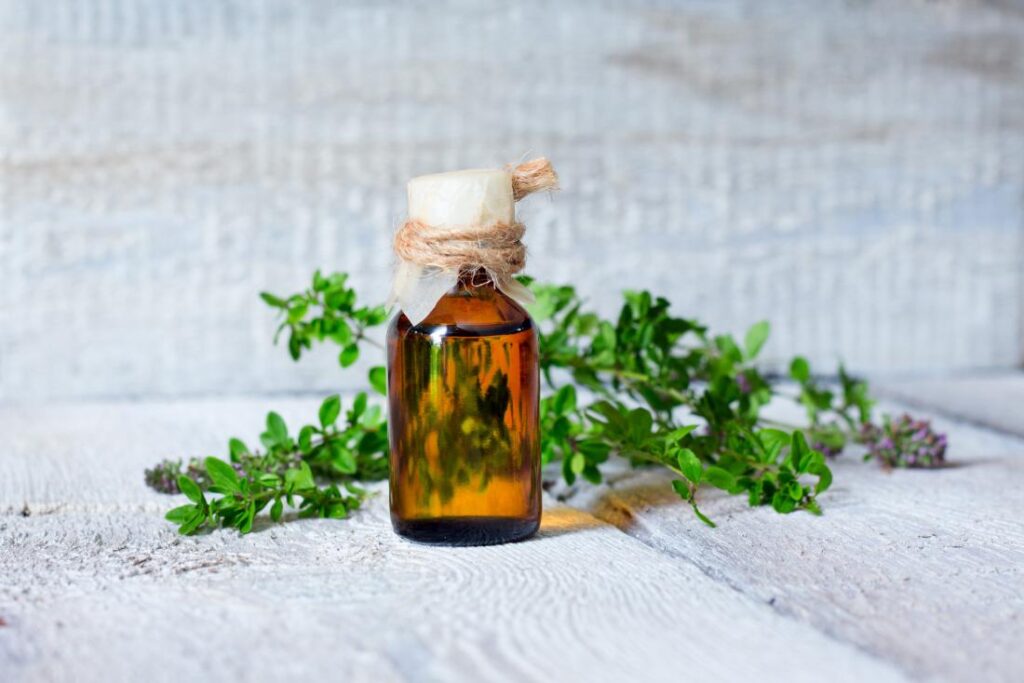
Thyme is a popular herb that’s commonly used to spice up dishes in different parts of the world.
As a traditional medicine, it has also become known for its vast array of curative purposes.
A comparative analysis of the antibacterial effects of thyme and eucalyptus reports that both essential oils can inhibit the growth and spread of MRSA [42].
Thymol is the active compound in thyme that’s believed to contribute to its antibacterial mechanism [42].
Another study confirms that thyme does stop not only MRSA but also many different strains of bacteria [43].
Using this remedy is a great way to keep infectious diseases at bay.
Method of using thyme for MRSA cure:
- Steep one teaspoon of dried thyme in a cup of warm water.
- Use this to wash infected areas of the skin.
- Do this technique three times a day for one week.
7. Geranium Oil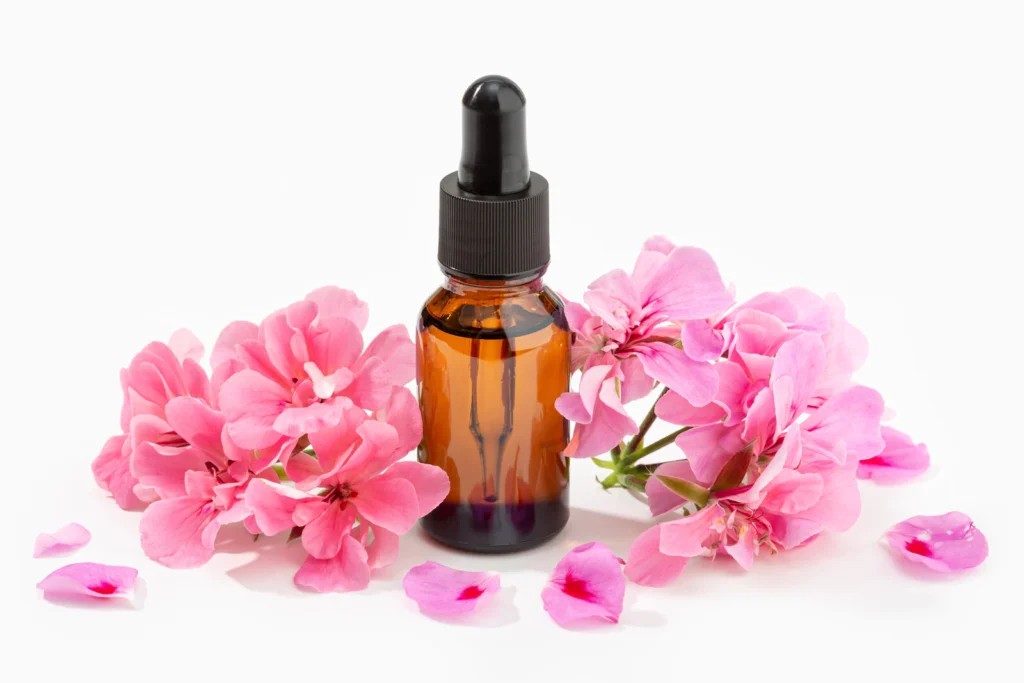
Since the Middle Ages, essential oils such as geranium have been used for various purposes—as an anti-inflammatory, anesthetic, sedative, flavoring for foods, and so on [22].
The volatile compounds in these oils have also been found potent against microbial infections [22]
In 2012, researchers from Poland assessed the antibacterial properties of geranium oil against one standard strain of Staphylococcus aureus and 70 of its clinical strains [23].
Results yielded from the experiment reveal that geranium oil has strong inhibitory actions against all the bacterial strains, including those that are multidrug-resistant [23].
If you suffer from an infection caused by Staphylococcus aureus, and the condition keeps on coming back, it’s a good idea to try controlling it with the help of geranium oil.
How to use geranium oil for MRSA:
- Combine five drops of geranium oil with one teaspoon of olive oil.
- Gently rub oil solution on the infected skin.
- Repeat three times a day for one week.
8. Turmeric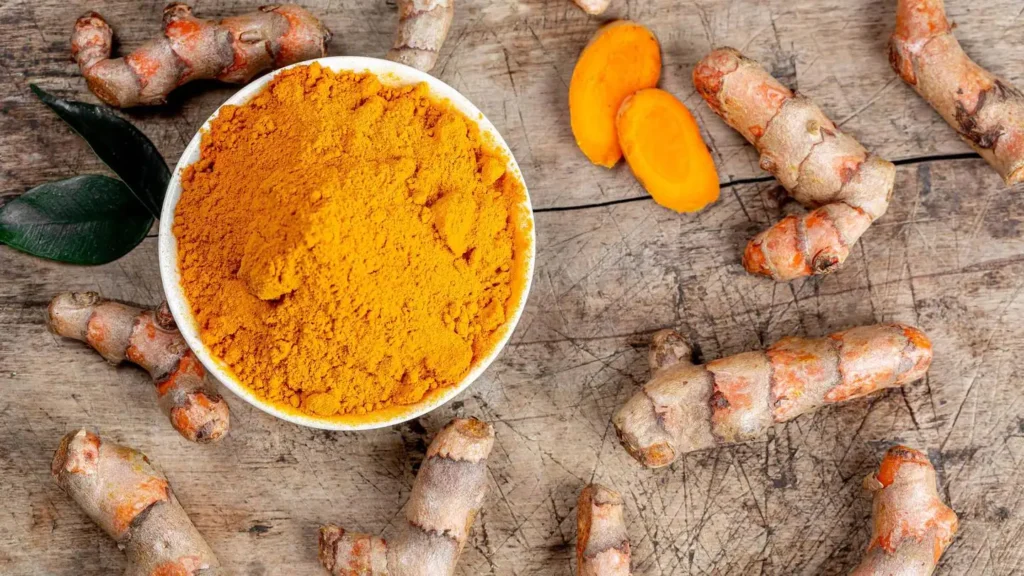
A group of researchers from Brazil examined the efficacy of photodynamic therapy using turmeric’s main compound curcumin in methicillin-resistant bacteria [23].
Results show that the combination of light and curcumin had killed the bacterial strains by reducing cell metabolism by up to 80 percent, offering an “alternative treatment for eradicating MRSA” [23].
Many other studies verify turmeric’s antibacterial activities whether used independently or in combination with antibiotics [24, 25].
Various forms of a turmeric extract have been found potent in preventing MRSA from invading healthy cells, reports a study conducted in South Korea.
A 2013 study recommends using curcumin to create new antibiotics for the treatment of MRSA infections [24].
Scientists from Iran, meanwhile, reveal that curcumin can enhance the effectiveness of antibiotics in suppressing the activities of drug-resistant microbes [25].
Recommended directions for using turmeric for MRSA cure:
- Mix one tablespoon of turmeric powder with two tablespoons of water to form a paste.
- Smear paste on the skin.
- Do this remedy once a day for one week.
9. Tomato Paste
Another great natural remedy for MRSA is tomatoes.
Tomatoes are well known for fighting against heart disease and cancer as it contains tomatine and lycopene which serve as an important antimicrobial defense mechanism, anti-inflammatory, and anti-cancerous effects.
A journal published in the year 2015, proved that tomatine in tomatoes exhibited various bactericidal activity against MRSA due to its anti-inflammatory and anti-cancerous effects.
How to use tomato paste for MRSA:
- Apply a teaspoon of the puree of a ripe tomato to the blisters
- Keep it overnight for best results
- Apply for two to three consecutive days to see noticeable changes
10. Eucalyptus Oil
Eucalyptus has been used since ancient times to treat microbial infections [26].
Its antibacterial actions against various strains of bacteria have been proven in many studies [27, 28, 29, 30].
Iranian scientists report that eucalyptus works against 56 strains of Staphylococcus aureus, 12 strains of Streptococcus pneumonia, 25 strains of Streptococcus pyrogens, and seven strains of Haemophilus influenza [27].
All these bacterial isolates are known to cause respiratory infections [27].
Not surprisingly, eucalyptus is also a powerful “anti-MRSA agent,” a viable alternative to killing and inhibiting the growth of microorganisms that are resistant to conventional antibacterial agents [31].
It was observed during the experiment that both the essential oil and water extract of Eucalyptus oil worked in combating MRSA [31].
The effects of the essential oil, however, are slightly stronger compared to the water extract [31].
Responsible for this action is its main component called 1,8-cineole [32, 33].
How to use eucalyptus oil for MRSA:
- Dilute five drops of eucalyptus oil in one teaspoon of jojoba oil.
- Apply the mixture to the skin.
- Do this technique every day for a week.
11. Rosemary
Most people know about rosemary’s antidepressant effects, and how it can effectively uplift the mood and reduce anxiety [34].
Now, apart from boosting one’s emotional well-being, rosemary also works on the physical level, combating bacterial infections before they affect one’s body.
Rosemary’s inhibitory actions against Staphylococcus aureus have been validated in a 2004 study done by American researchers [35].
Contributing to its antibacterial mechanisms are several compounds that have been identified in the study, and these include carnosic acid, carnosol, and 12-methoxy-trans-carnosic acid [35].
This highly potent herb works by decreasing the number of bacteria and damaging the bacteria’s cell walls [36].
Whether used alone or in combination with an antibiotic like cefuroxime, rosemary can efficiently destroy drug-resistant microbes such as MRSA [37].
What You’ll Need:
- 1 cup of rosemary leaves
- Five drops of rosemary oil
- 3 cups of water
Recommended Directions:
- Boil water and add rosemary leaves.
- Remove from heat.
- Strain the leaves.
- Add rosemary oil.
- Use this solution to wash affected skin once daily until symptoms disappear.
RELATED: 13 Health Benefits and Uses of Rosemary Oil (Backed by Evidence)
12. Grapefruit Extract
Grapefruit comes from an evergreen tree that grows in tropical countries in Asia [38].
It has various uses in traditional medicine, including treating acne, toning the skin, and inhibiting bacterial activities [38].
In a study published in the Phytochemistry Journal, it was reported that grapefruit oil extract has strong inhibitory effects on antibiotic-resistant pathogens like MRSA [39].
Also, it enhanced the efficacy of some antibiotics which normally could no longer control MRSA infections [39].
If your doctor has prescribed you medications that don’t seem to work, you can try using grapefruit extract to enhance their efficacy.
How to use rosemary extract for MRSA:
- Blend six drops of grapefruit extract with one teaspoon of almond oil in a jar.
- Spread a small amount on your skin.
- Follow this remedy twice daily for one week.
13. Echinacea
Echinacea has long been recognized for its ability to inactivate different strains of viruses and bacteria that cause infection in the respiratory tract [40].
It is also effective in curbing the production of pro-inflammatory cytokines that trigger the body’s inflammatory response [40].
A study conducted by a team of scientists from Switzerland and Canada shows that an herbal formulation made with Echinacea was effective in controlling both sensitive and resistant strains of Staphylococcus aureus [41].
The product has been found to exert a two-fold action against drug-resistant respiratory bacteria: suppressing the bacteria and reducing inflammation [41].
How to use echinacea for MRSA cure:
- Boil water in a pot.
- Add a teaspoon of Echinacea.
- Remove from heat.
- Cover, and steep for 15 to 20 minutes.
- Strain the mixture.
- Stir in a teaspoon of honey.
- Drink the tea twice a day until the infection is cured.
14. Apple Cider Vinegar
Apple cider vinegar is a must-have kitchen ingredient. Vinegar has hundreds of therapeutic uses in natural remedies.
Apple cider vinegar is a proven home remedy for all forms of staph infections. All MRSA infections are staph infections, and you can treat them with apple cider vinegar or ACV.
The acetic acid in ACV is a potent antibiotic. Thus a topical application of ACV can kill the bacterium and help relieve the lesions and symptoms related to MRSA.
Consumption of ACV in diluted form can boost your immune defense against the recurrent outbreaks of MRSA.
What You’ll Need:
- One tablespoon of ACV
- One tablespoon of water
- Cotton ball
Recommended Directions:
- Dilute ACV with water.
- Soak a cotton ball in the solution.
- Apply the solution to the MRSA-affected skin area.
- Repeat the treatment twice daily.
- Additionally, add one tablespoon of ACV and one teaspoon of raw honey to lukewarm water.
- Drink the solution twice daily.
RELATED: How Effective is Apple Cider Vinegar for Ringworm Treatment?
15. Indian lilac
Indian lilac or neem is one of the most effective home remedies for MRSA infection. Neem is an important ingredient in the Ayurveda medicinal practice of India.
The strong bitter leaves have exceptional antimicrobial and antiseptic values. Hence from ancient times, neem leaves and flowers are used for some skin disorders.
According to the Journal of Ethnopharmacology, neem leaves can inhibit the formation and growth of MRSA biofilm and S. mason worms in the body.
What You’ll Need:
- 8-10 neem leaves
- One teaspoon of water
- ½ a tablespoon of turmeric powder
Recommended Directions:
- Grind neem leaves with some water and turmeric powder and form a paste.
- Apply the antibacterial paste to the affected skin area and leave it for 30 minutes.
- Wash off using cool water.
- Repeat the simple home remedy for MRSA thrice daily.
Tips for Preventing MRSA
So, we know about home remedies for the treatment of MRSA infections. However, it is always the best way to prevent it first, then contracting the infection and then treat it. To prevent staph infections from occurring entirely, you should:
- Always wash your hands clean. Make sure you are thoroughly cleaning them with soap and water. Alcohol-based hand sanitizers are also good choices.
- If you ever have a cut or scrape, then please disinfect it and clean it. Next, cover it with a bandage until it is properly healed.
- Avoid direct skin contact with wounds or bandages of other people. It is because you may get an MRSA infection from there.
- Personal hygiene is the best way to avoid getting staph infections.
- Always avoid sharing your items like towels, toiletries, washcloths, razors, soap, nail clippers, clothing, bedsheets, and such. If you do so, then the chances for you to get MRSA or staph infection and other infections will be very less.
Some Q&A About MRSA
What is the difference between MRSA (methicillin-resistant Staphylococcus aureus) and a normal staph infection?
The difference is simple actually. Staph infections occur due to many different types of Staphylococcus bacterial infections. Those strains of bacteria that become resistant to antibiotics are MRSA.
MRSA is a type of staph infection that is resistant to beta-lactams. These are types of antibiotics. These antibiotics contain methicillin and others like oxacillin, penicillin, and amoxicillin. Usually, only 1% of people suffer from MRSA compared to twenty to thirty percent of people suffering from a staph infection.
What is CA-MRSA?
CA-MRSA is also called community-associated MRSA. Its name is thus because staph and MRSA can cause illness in people outside the hospital. That is to say; people who have not recently visited any hospital or have not been hospitalized but still contract MRSA, have contracted CA-MRSA.
Is MRSA infection common?
To be honest, it is very common among patients in hospitals and other healthcare institutions.
What to do to prevent MRSA from spreading?
The best way to prevent MRSA from spreading to other people is to:
- Cover any open wounds
- Always wash and clean hands with antiseptic soap or gel
- Never share personal items with anyone else
- Having a proper consultation with a physician
Is there anything that makes a person more vulnerable to MRSA infection?
Yes. There is. Usually, staph and MRSA infections occur in people who are already suffering from eczema. Then again, athletes, prison inmates, and those living in congested conditions see breakouts of this disease.
How long does an MRSA infection last?
Mostly, a person having an MRSA infection stays infected for less than ten days if doctors treat them. However, the duration varies from person to person.
Can you get rid of MRSA forever?
There are many people who no longer have MRSA once treated. However, then sometimes, MRSA does come back several times even after effective treatment. It depends on how your body copes with the infection.
Can I use essential oils to get rid of MRSA or treat it?
Yes, essential oils are widely used to treat MRSA. Some of the highly recommended essential oils for MRSA include tea tree essential oil and geranium oil.
Are there any vitamins or food that would help get rid of MRSA?
Eating food that will boost your immune system. For example, food rich in vitamin C and food that contains high amounts of probiotics like kefir will help your body to produce white blood cells.
When to See a Doctor
Skin infections such as boil or abscess appear due to MRSA infections, and many people mistake it for a spider bite.
However, the area caused by this infection appears:
- Red and painful
- Swollen
- Filled with pus
Many other symptoms arise due to MRSA as once it gets into your bloodstream, it can settle anywhere and cause an abscess in your spleen, kidney, and spine [1,4].
If the infection doesn’t get better even after three or four days of antibiotic therapy or the rash spreads, contact your doctor immediately.
One of the best tests used to confirm MRSA infection is a bacterial culture. This test uses pus from the skin sores that are rubbed onto agar. The bacterial growth and other chemical tests are used to confirm MRSA’s presence. This test usually takes two to five days.
Trimethoprim, sulfamethoxazole (Bactrim), and clindamycin (Cleocin) are mainly prescribed by doctors, and rifampin, another antibiotic type, is also recommended depending on the severity of the infection.
Bottom Line
MRSA infection is something that should get your immediate intention of yours. It is because they can turn into any major health complication in no time. So, you should not wait but haste to get rid of MRSA infections.
These home remedies for MRSA infection can easily get it under control and make you feel well. Plus, for cases that keep on coming back, try using remedies that are effective even on drug-resistant microbes.
Still, if the conditions do not improve, it is best to seek medical help immediately.
READ MORE: 19 Essential Oils for Cold Sores Remedy with Directions


